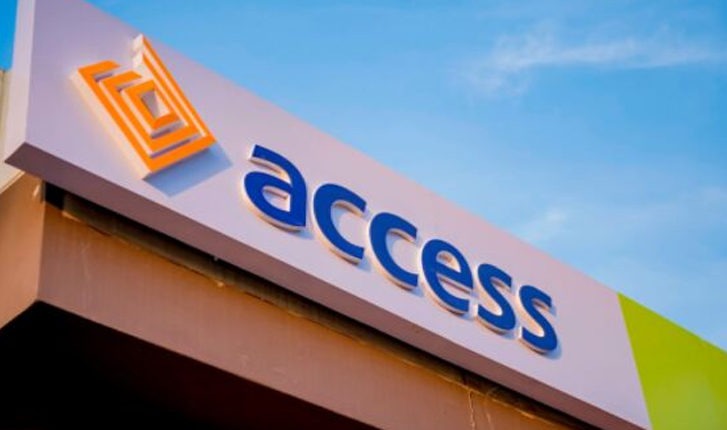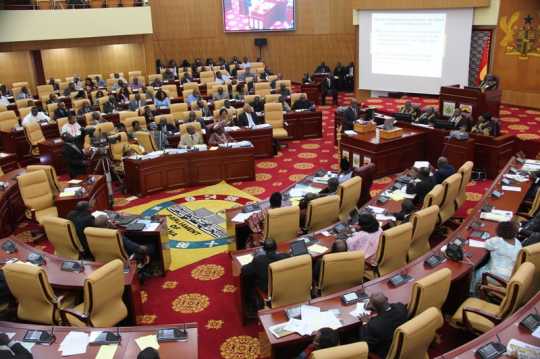- CBN Unveils Guidelines on Non-interest MFBs
In line with its mandate of promoting a sound financial system, the Central Bank of Nigeria (CBN) has issued guidelines on the regulation and supervision of non-interest (Islamic) microfinance banks (NIMFBS) in the country.
Part of the 57-page guidelines posted on the central bank’s website recently stated that a NIMFB shall be required to maintain not less than five per cent of deposit liabilities in liquidity management instruments compliant with the principles underpinning this model and as approved by the CBN.
According to the CBN, non-compliance with this directive shall attract a fine of one per cent of the amount not invested. Investment in such instruments by any MFB shall, however, not exceed 10 per cent of its deposit liabilities at any point in time.
Furthermore, it noted that the operation of a NIMFB requires the maintenance of high quality liquid assets to meet frequent request for funds from clients and for field operations.
However, in view of the paucity of eligible liquidity management instruments, NIMFBs shall be required to maintain a minimum liquidity ratio as may be determined by CBN from time to time.
The Capital Adequacy Ratio (CAR) of a NIMFB shall be measured as a percentage of shareholders’ funds unimpaired by losses to its risk weighted assets, the CBN added.
In addition, the minimum CAR (Capital/Weighted Assets Ratio) for NIMFB shall be one per cent of such percentage as may be determined by the CBN from time to time.
Also, the NIMFB shall be required to submit, within a specified period, a recapitalisation plan acceptable to the CBN.
“Failure to comply with the above shall constitute grounds for the revocation of the operating licence of the NIMFB or such other penalties as may be deemed appropriate.
“Every NIMFB is enjoined to ensure its shareholders’ funds unimpaired by losses do not fall below the prescribed minimum capital requirement, notwithstanding meeting the capital adequacy benchmark.
“The maximum amount which a NIMFB can invest in fixed assets is 20 per cent of its shareholders’ funds unimpaired by losses.
“Any contravention shall attract a penalty of one per cent of the excess investment in fixed asset and prohibition of further investment in fixed assets until the requirement is achieved,” it added.
According to the CBN, the impact of delinquent risk assets which may result in capital erosion, calls for stringent maintenance of capital funds. Every NIMFB shall therefore maintain a reserve fund into which it shall transfer from its profit after tax for each year.
The CBN said the guidelines were developed to provide a level playing field between the conventional and non-interest MFBs and to address issues underpinning the operation of non-interest financial institutions. It is expected to enhance financial inclusion by bringing to the formal sector, individuals, communities and corporations that are not captured by the conventional MFBs.
The role of MFBs in poverty reduction, increased access to financial services, contribution to financial stability and economic development has been established in Nigeria and around the globe. Beyond making credit facilities available to micro, small and medium scale enterprises and the promotion of savings culture, MFBs also serve as veritable means of employment generation and enhancing financial inclusion.
Since 2005 when the CBN issued the first regulatory framework for MFBs in Nigeria (revised in 2013), a number of MFBs were established across all states in Nigeria and Abuja and have continued to thrive and cater for the economically active poor in the country.
However, despite the increased number of MFBs in Nigeria, a large per cent of Nigerians still lack access to financial services. This could be attributed to high cost of transactions, abhorrence of interest and apathy to unethical investment by a significant part of the populace.


 Billionaire Watch4 weeks ago
Billionaire Watch4 weeks ago


 Naira4 weeks ago
Naira4 weeks ago


 Naira3 weeks ago
Naira3 weeks ago




 Naira3 weeks ago
Naira3 weeks ago




 Naira3 weeks ago
Naira3 weeks ago




 Naira2 weeks ago
Naira2 weeks ago
 Commodities3 weeks ago
Commodities3 weeks ago


 Banking Sector3 weeks ago
Banking Sector3 weeks ago



















